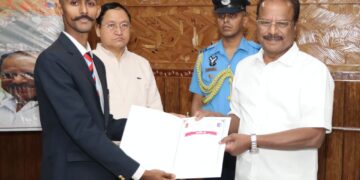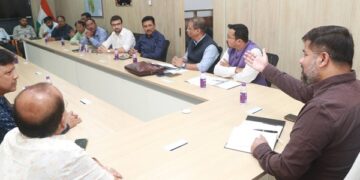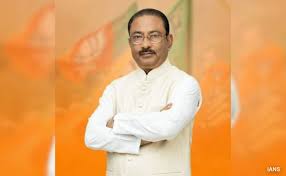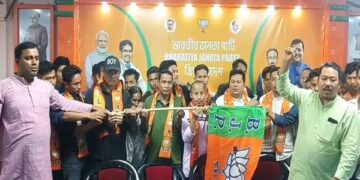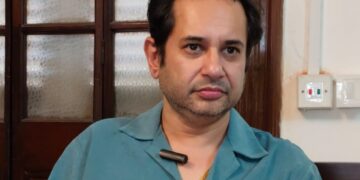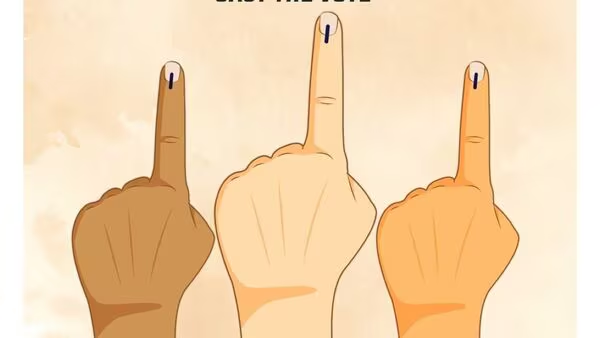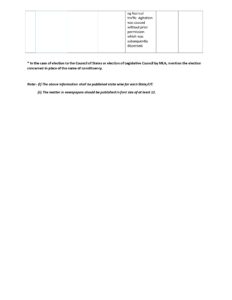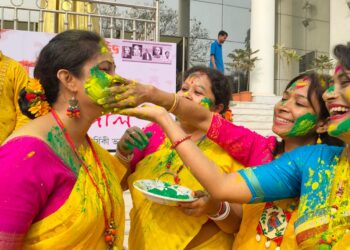Agartala, September 19: The union cabinet’s approval of the “One Nation, One Election” proposal has sparked a sharp divide in Tripura’s political landscape. While the ruling Bharatiya Janata Party (BJP) lauds the move, viewing it as a step towards better governance and cost-effective elections, opposition parties, including the Communist Party of India (Marxist) and Congress, criticize the proposal as a diversion from the pressing issues faced by the country.
Social Welfare and Social Education Minister of Tripura, Tinku Roy, hailed the Modi cabinet’s decision to accept the recommendations of the High-Level Committee led by former President Ram Nath Kovind.
He emphasized that holding simultaneous elections would significantly reduce election expenditures and free up time for the uninterrupted implementation of government schemes, which are often disrupted by the frequent election cycles.
“The move will allow the government to focus on long-term development projects and governance without the distraction of constant elections. This will benefit the nation as a whole,” said Roy, aligning with the central government’s narrative of efficiency and fiscal prudence.
However, the opposition parties see this initiative as a threat to India’s democratic fabric and federal structure.
Leader of the Opposition, Jitendra Chaudhury, who also serves as CPI(M) state secretary, voiced his concerns, arguing that synchronized elections would erode the principles of federalism and democracy enshrined in the Constitution.
“Synchronized elections might sound appealing, but in a country as diverse as India, it is a blow to the basic structure of the Constitution. It centralizes power and dilutes the voice of individual states. Modi’s government is attempting to impose its agenda for political gain, but it will fail,” said Chaudhury.
He also claimed that the proposal is an attempt by the ruling National Democratic Alliance (NDA) to hold on to power, despite losing popular support in previous elections.
Echoing Chaudhury’s concerns, Tripura Pradesh Congress president, Asish Kumar Saha, slammed the initiative as a “cheap political stunt” by Prime Minister Narendra Modi’s government to divert public attention from critical issues such as rising unemployment and skyrocketing prices.
Saha, a former MLA, termed the proposal impractical and unconstitutional, asserting that it would curtail the autonomy of states.
“The Modi government has failed to address the real issues plaguing the nation, and this is just another tactic to shift focus. This proposal, if implemented, will strip states of their rights and undermine the democratic process,” said Saha.
He further suggested that an all-party committee should have been formed to study the feasibility of the proposal, rather than rushing through with a decision.
The Congress leader also took a dig at the BJP, accusing Modi of resorting to political gimmicks to protect his party’s interests in the face of growing discontent among the Indian populace.
“People are aware of the Modi government’s failures, and these distractions won’t work this time,” he remarked.
As the political debate intensifies, the proposal’s future remains uncertain, with both national and regional parties gearing up for a broader discussion on the constitutional, financial, and logistical implications of implementing “One Nation, One Election” in a country as vast and diverse as India.


